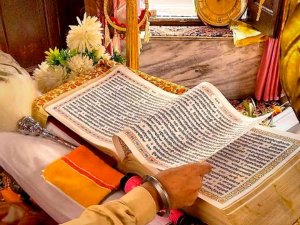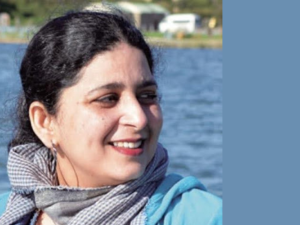War, as an organized and often prolonged conflict between nations or factions, leaves behind more than physical devastation—it penetrates the very fabric of civil society. This paper examines the multifaceted consequences of war on peace-loving populations, focusing on psychological trauma, societal displacement, cultural erosion, and long-term economic and political instability. Through a multidisciplinary approach, the study reveals that beyond military and political objectives, war alters the destinies of countless innocent lives. By analyzing historical and contemporary case studies, this research emphasizes the urgent need for stronger mechanisms of conflict prevention, humanitarian protection, and post-war reconciliation.
While war is often analyzed through geopolitical strategies, military campaigns, and ideological confrontations, its deeper impact on non-combatant, peace-loving populations is frequently relegated to the periphery of discourse. These civilians, who neither instigate violence nor benefit from its spoils, become involuntary witnesses and victims of history’s darkest chapters. This article aims to address the often-overlooked human cost of warfare—those psychological, cultural, and social wounds that persist long after the guns fall silent. With a focus on both historical and contemporary contexts, the analysis interrogates how war displaces, traumatizes, and marginalizes ordinary people caught in its crossfire.
The psychological toll of war on civilians is profound and often intergenerational. Peace-loving individuals, especially children and the elderly, experience heightened levels of stress, anxiety, and post-traumatic disorders due to exposure to violence, loss, and uncertainty. Studies from conflict zones such as Syria, Afghanistan, and Ukraine show a marked increase in depression and PTSD among civilians, with consequences ranging from suicide to long-term mental illness. The disruption of normal life—schools, jobs, communities—is not just a temporary inconvenience but a psychological rupture that redefines identity and trust in society.
One of the most immediate and visible effects of war is the mass displacement of populations. The creation of refugees and internally displaced persons (IDPs) transforms once-stable communities into fragmented diaspora. The loss of home and homeland carrie's not only material deprivations but also a symbolic loss of belonging and continuity. Peace-loving civilians are forced into survival mode, often living in camps or foreign lands where their cultural practices, languages, and identities are marginalized or lost.
Wars frequently target cultural symbols, places of worship, literature, and artistic expressions in efforts to demoralize the enemy or erase contested histories. For civilian populations, such destruction is tantamount to cultural amnesia. The erasure of cultural landmarks and communal memory not only impoverishes the present but destabilizes the future, especially for communities whose heritage is central to their sense of identity and peace.
For civilians, especially those with no stake in the conflict, war often means the destruction of livelihoods. Agriculture, small businesses, public services, and trade collapse, pushing families into cycles of poverty. In post-war economies, the redistribution of resources often excludes those not aligned with dominant political or military factions. This economic marginalization intensifies inequality and fuels resentment, thereby threatening the prospects of long-term peace. During and after war, peace-loving civilians may find themselves under regimes that restrict civil liberties under the guise of national security. In many war-affected societies, dissent is criminalized, and democratic institutions are weakened. Ordinary citizens often become collateral victims of authoritarian governance, surveillance, and censorship. This shrinking of civic space undermines democratic culture and fosters a politics of fear and silence.
The aftermath of war is not merely a return to peace but an arduous journey of healing. While military ceasefires may signal the end of conflict, the reconstruction of civilian life is far more complex. Psychological rehabilitation, truth and reconciliation processes, economic rebuilding, and cultural revival must all converge for a genuinely peaceful society to re-emerge. Unfortunately, peace-loving civilians often find themselves sidelined in these processes, their suffering memorialized but their voices marginalized in future decision-making.
War, while waged by states and factions, is most painfully endured by peace-loving civilians whose lives, aspirations, and communities are disrupted or destroyed. As this paper illustrates, the effects of war go beyond casualties and statistics—they touch the human soul, societal cohesion, and cultural heritage. There is an urgent need to center civilian experiences in conflict narratives and policy-making. Only by recognizing and addressing the profound scars left on peaceful populations can humanity hope to create sustainable frameworks for peace, justice, and healing.





